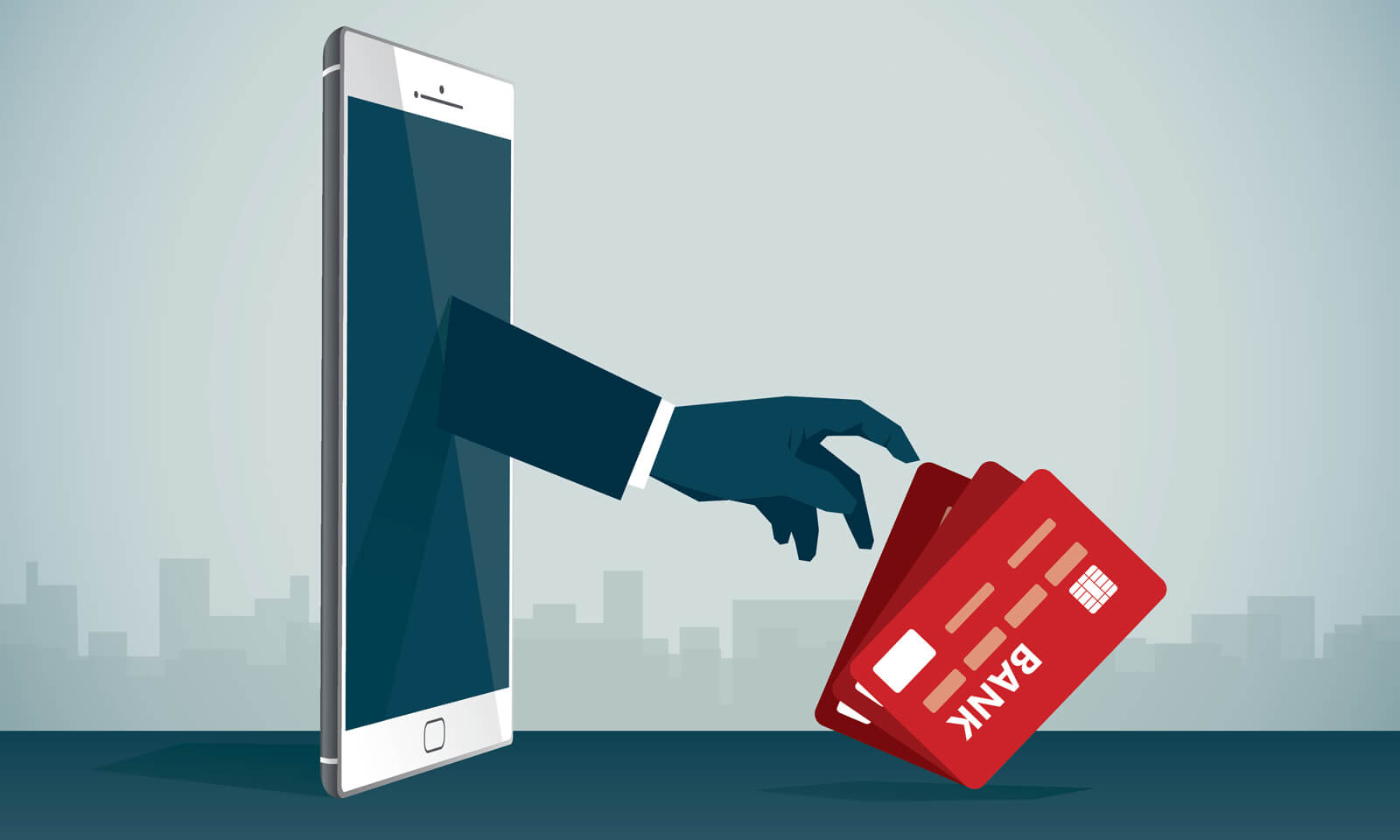Stay In The Know
Signup to be notified of news announcements and promotions.

No merchant likes getting hit with a chargeback, but when one is coming your way, you want to know about it as soon as possible. Once the chargeback process begins, the clock starts ticking down on the time you’re allowed to dispute it. Gathering the documents and data you need to fight a chargeback can take a while, so the earlier you can get started with preparing, the better. So how do you know when a chargeback is coming, or if it has already debited your merchant account?
There’s more than one way to find out about a chargeback, and a lot of it depends on the acquiring bank you work with. Knowing how to anticipate chargeback notifications, where to look for them, and how to get an early warning before the chargeback process is properly initiated can keep you from scrambling to put together a last-minute
Customer Contact
Many chargeback reason codes stipulate that a customer must attempt to contact the merchant and resolve their issue directly with them before a chargeback can be initiated. Unfortunately, not every customer abides by this rule. Those that do, however, are providing merchants with an opportunity to head a potential chargeback off at the pass, or, at the very least, giving early warning that they’re likely to end up filing a chargeback.
Most of the time, it makes sense to work with a customer to resolve an issue to their satisfaction.
A refund, after all, is going to be cheaper than a chargeback (with added fees) would be, and it doesn’t negatively impact your merchant account like chargebacks do, as they stack up toward your chargeback threshold. If you can’t come to an agreement with a customer, there’s a good chance they’ll end up going to their bank and asking for a chargeback. When you’re unable to give a customer the refund they’re asking for, it’s a good idea to expect a chargeback and to gather up the documents and information you’ll need to counter their claim.
Copy Requests & Retrieval Requests
One of the first indicators you might receive, alerting you that a chargeback is headed your way, is a retrieval request (also known as a copy request, when it comes from the Visa network).
Some people call these “soft chargebacks,” but don’t worry – a retrieval request means an actual chargeback hasn’t happened yet.
When a customer disputes a charge with their issuing bank, the issuing bank contacts the card network, and the card network may reach out to the acquiring bank or the merchant, to verify details of the transaction and to ascertain whether the customer’s dispute has any merit. In cases where the acquiring bank is able to provide data about the transaction that invalidates the customer’s claim, the merchant may not even be aware that a retrieval request was made.
Some of the information that might be solicited by a retrieval or copy request includes:
-Receipts
-The cardholder’s name and account number
-Authorization codes or confirmation numbers
-Shipping and delivery dates
If the information provided is sufficient for the issuing bank, the chargeback will be denied. If not, you can expect to see the chargeback debit hit your account shortly.
Chargeback Alerts by Bevel
Chargeback alerts are a service provided by Bevel to provide early notifications of impending chargebacks to our merchants.
When a merchant receives an alert, the chargeback is put on a temporary hold, and the merchant is allowed 24 hours to either issue a refund – thus avoiding the chargeback – or to allow the chargeback to stand, so that they can fight it. Verifi and Ethoca are two of the major companies that offer chargeback alerts.
Bevel has a relationship with every existing issuing bank, so we are able to intercept all chargebacks. This gives merchants the most comprehensive chargeback alert coverage available.
Chargeback Notification by Bevel
When your customer files a dispute, Bevel will notify you about the chargeback. Bevel will notify you via text message and email through our custom chargeback portal.
Having access to the Bevel online chargeback notification portal is one of the best ways to be instantly notified of your
Remember, every chargeback has a deadline, and the representment documents must be submitted to your payment processor before the deadline, or else, you lose your chance of defending your case.
If you do not have access to the Bevel online portal, talk to your Sales Agent right away. Sometimes, it’s not offered to you by default, so you’ll need to make a special request, in order to activate your online portal.
If your chargebacks are spiking and you need to control them right away, you might want to consider enrolling your merchant account in the Bevel chargeback prevention alert program. This programs can intercept the chargebacks before they hit your account and prevent chargeback spikes.
Whether you’re a low, medium or high-risk for chargebacks, you must understand where they are coming from, what they’re really costing you, and what you can do to stop them. Get your free copy of the Chargeback Prevention Guide for simple tips on how to prevent them from your Sales Agent.
One of our sales agents will call you soon to discuss what payment solutions will work for your business.

Signup to be notified of news announcements and promotions.